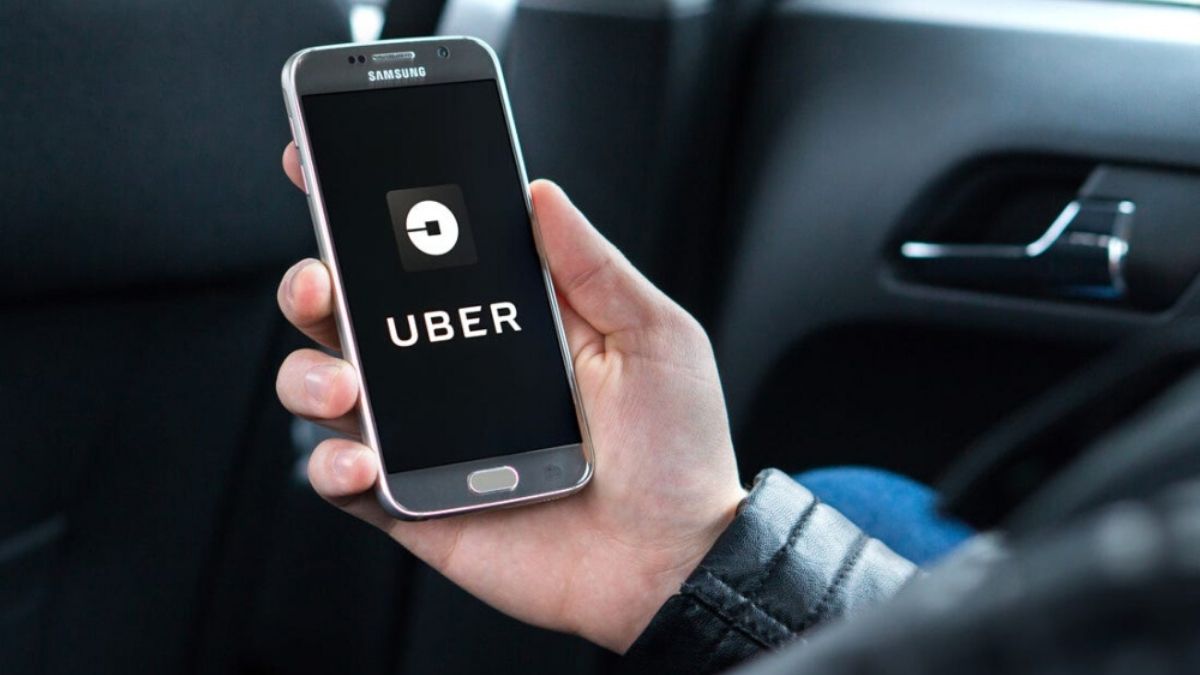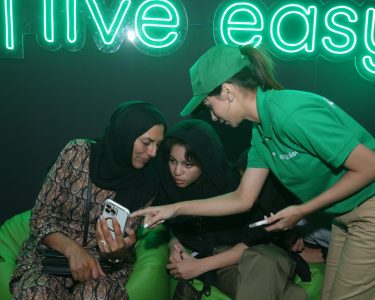As the government begins to ease off lockdown and workplaces slowly resume operations, Uber Pakistan’s #MoveWithSafety campaign aims to educate and raise awareness of the additional safety measures it has put in, in order to help the app’s users stay safe.
Uber partner drivers in Pakistan will be asked, as part of a new in-app safety checklist, to verify that they are wearing a mask using their new object recognition technology. Any driver who is not wearing a mask or a face covering will not be able to go online. Drivers can cancel the ride if a rider is not wearing a mask, without incurring a penalty. Partner drivers will also be asked to confirm if they have taken additional safety measures, such as regularly sanitising their car and making hand sanitizers available for their riders. Riders will also be able to cancel rides, without incurring penalties, if drivers aren’t wearing masks.
Must Read : Pakistan’s First Digital Fitness Platform Announces Launch
Similarly, riders will be asked whether they have taken necessary safety precautions, like washing their hands before getting in the car, sitting in the backseat and opening windows for ventilation. Only two riders per car will be allowed, in line with government regulations in Sindh and Peshawar, and three riders per car in Punjab and the Federal Capital.
Globally, Uber is investing $50 million to help ensure every driver and courier has access to personal protective equipment, and cleaning and sanitising supplies needed to work more safely on the Uber app. This includes providing masks to drivers across Pakistan and reimbursing eligible drivers and couriers for the purchase of a sanitizer or disinfectant product of their choice up to a maximum amount which is defined for each country. So far, Uber has provided or reimbursed hand sanitisers, cleaning sprays and disinfectant wipes to drivers in Pakistan, as well as over 20,000 masks. It is also partnering with Unilever to distribute hygiene kits to drivers and couriers across Europe, the Middle East, and Africa.
Saad N. Pall, General Manager at Uber Pakistan said, “At Uber, we put safety at the heart of everything we do and we believe technology can make travel safer than ever before. Now, as cities begin to reopen, we want to ensure that both riders and drivers recognise that they have a shared responsibility to make travel safer, and enough flexibility to manage this, while prioritising health and safety. Governments as well as the private sector across the globe are continually working to assess and adapt a world post the COVID-19 pandemic, and we want to use the scale and influence of our platform to proactively complement the government’s efforts to help everyone stay safe and healthy.”
Previously, Uber also announced the launch of Uber Medics in the UAE and Saudi Arabia as part of its global commitment to Move What Matters, providing healthcare workers with discounted trips to and from their workplaces. Additionally, ‘Uber By the Hour’ offers riders with an hourly ride option, without having to re-request a trip at each location – strengthening safety, providing additional flexibility for riders and an additional earnings opportunity for drivers.
Other safety initiatives announced in light of COVID-19 include:
- New health and hygiene feedback system: Uber is adding new options for feedback in the app. This includes an option to report if a rider or driver is wearing a mask or not. Anyone who is repeatedly flagged for violating the new safety policies risks losing access to Uber’s apps.
- Safety education materials: Working with the World Health Organization and the latest public health advice, Uber has compiled safety tips and recommendations specifically geared toward ridesharing. This will be used to educate riders and drivers on unsafe behavior.
- Financial Compensation: Financial assistance will be provided for up to 14 days to any driver who is diagnosed with COVID-19 or is individually asked to self-isolate by a public health authority while their account is on hold.
These new safety measures will stay in effect until the end of July, when they will be reviewed based on the latest official health guidance.




